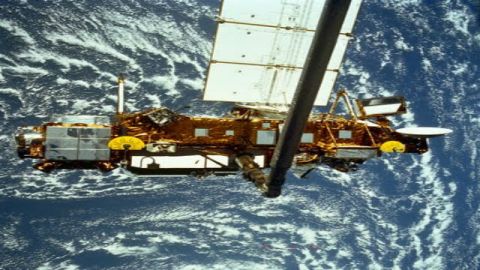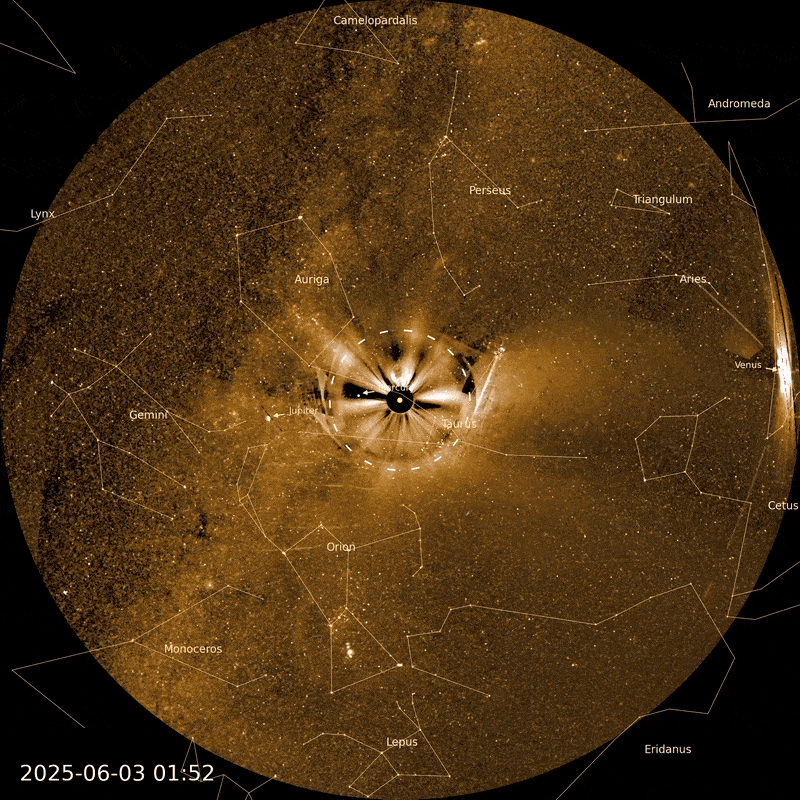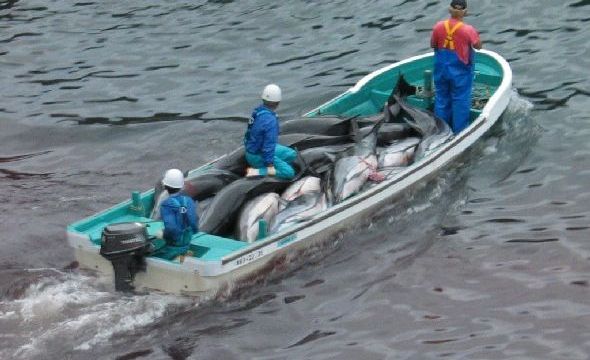THE SKY IS FALLING! Should you worry? (No.) Should FEMA? (A bit, yes.)

A friend of mine posted a snarky comment on Facebook about how foolish FEMA sounds, announcing it’s preparing for the crash landing of a satellite somewhere this week. Somewhere on the entire planet…nobody can be sure where. But 7/10’s of the earth’s surface is ocean, and the fires ignited by resistance of the earth’s atmosphere will reduce the 6 ton satellite to about 1,000 lbs of chunks of metal…so isn’t it ridiculous that an emergency management agency, with floods and storms and wild fires and earthquakes and all sorts of ‘real’ risks to prepare for, would get ready for this?
Well, yes. And no. Yes, the odds that any of this satellite’s remaining pieces will hit anybody, or even any building, are fantastically remote. So on the statistical likelihood that we are at risk, any investment in preparation seems ludicrous. But the odds aren’t zero, and that brings some other perspectives into play, because risk perception is not just about the odds. Trust in FEMA was demolished by the way the agency struggled to respond to Hurricane Katrina, part of which was their fault and part of which was the unprecedented severity and scope of that storm’s damage. The agency has been under new management and repairing it’s image pretty well with the competent way they’ve handled storms and floods and fires and other disasters the past few years. But that image repair is a fragile work in progress, and if a piece of the falling satellite whacked some neighborhood, or power plant, or school, or something that in fact did require an emergency response, FEMA would look pretty bad if they DIDN’T at least pay a little attention to this risk.
What we think of FEMA is not just an issue for morale at that agency. It actually matters for our own well-being. The more we trust public safety agencies like FEMA (remember, FEMA and the state ‘EMAs’ are only coordinators of local resources like police and fire and other public safety services that do most of the actual responding), the more seriously we take their advisories about preparing for impending storms, the more we follow requests/orders for evacuation, the more we support them rather than criticize them, which keeps them adequately funded…and all of those things are good for OUR health and safety.
There is another risk issue raised by the imminent crash of satellite parts from the Upper Atmosphere Research Satellite (it ran out of fuel in 2005 so it can’t be steered to land in a particular spot.) The chances of serious damage are remote, but the consequence should a chunk of defunct satellite hit something critical (a power plant, an oil refinery, a bridge, a high rise urban office tower full of people) is potentially high. We invest huge amounts in preparing for low probability-high consequence risks all the time. Plane crashes. Nuclear power plant accidents. Just think of what we’re spending to respond if (most experts say when) terrorists strike again. I’m not talking about what we spend to prevent these events. I’m talking about preparations for responding to them if they happen. They are extraordinarily unlikely, but bad when they occur. So we get ready. Just in case.
And we expect the government agencies responsible for such things to be ready. And we criticize them when they aren’t. And our trust in them goes down. Which is actually not great for our health and safety. So while FEMA’s preparations (which basically just consist of having already on-duty personnel monitoring the situation) may seem ridiculous given the long odds that somebody or someplace gets whacked by falling satellite bits, “risk” involves more than the odds and statistics. It’s a matter of feelings too. It may sound silly that FEMA is preparing for this slim threat, but its also reassuring, and it is a wise bit of trust-building risk communication for them to let us know that they are paying attention, or our behalf…just in case.
(In case you’re actually worried about the soon-to-crash space debris…don’t worry too much. Here’s a great rundown of similar events. So far, no serious damage done.)





